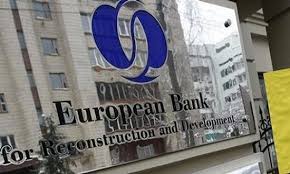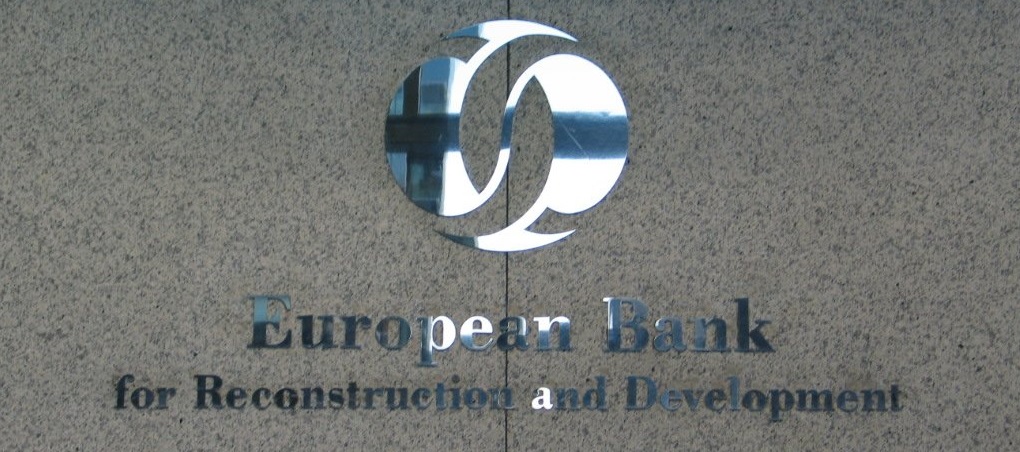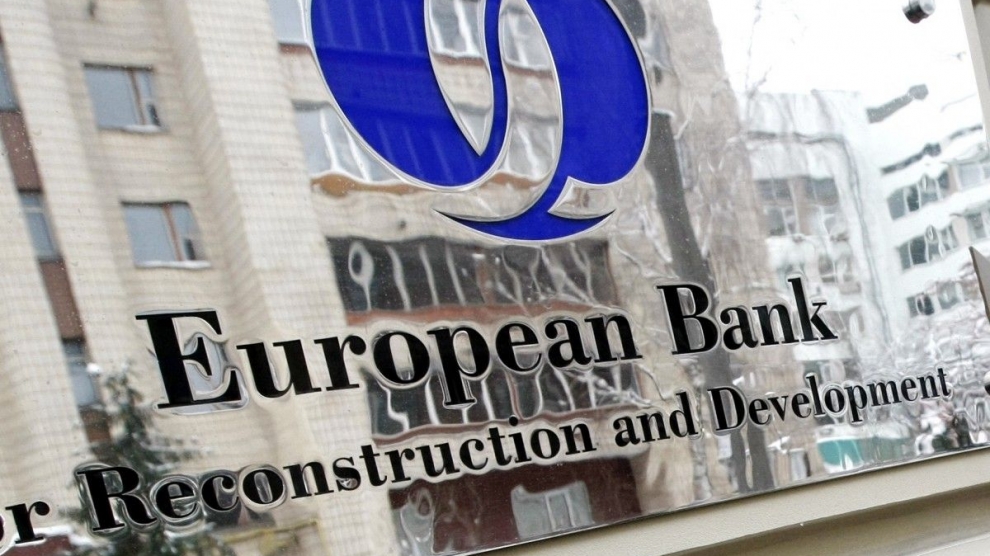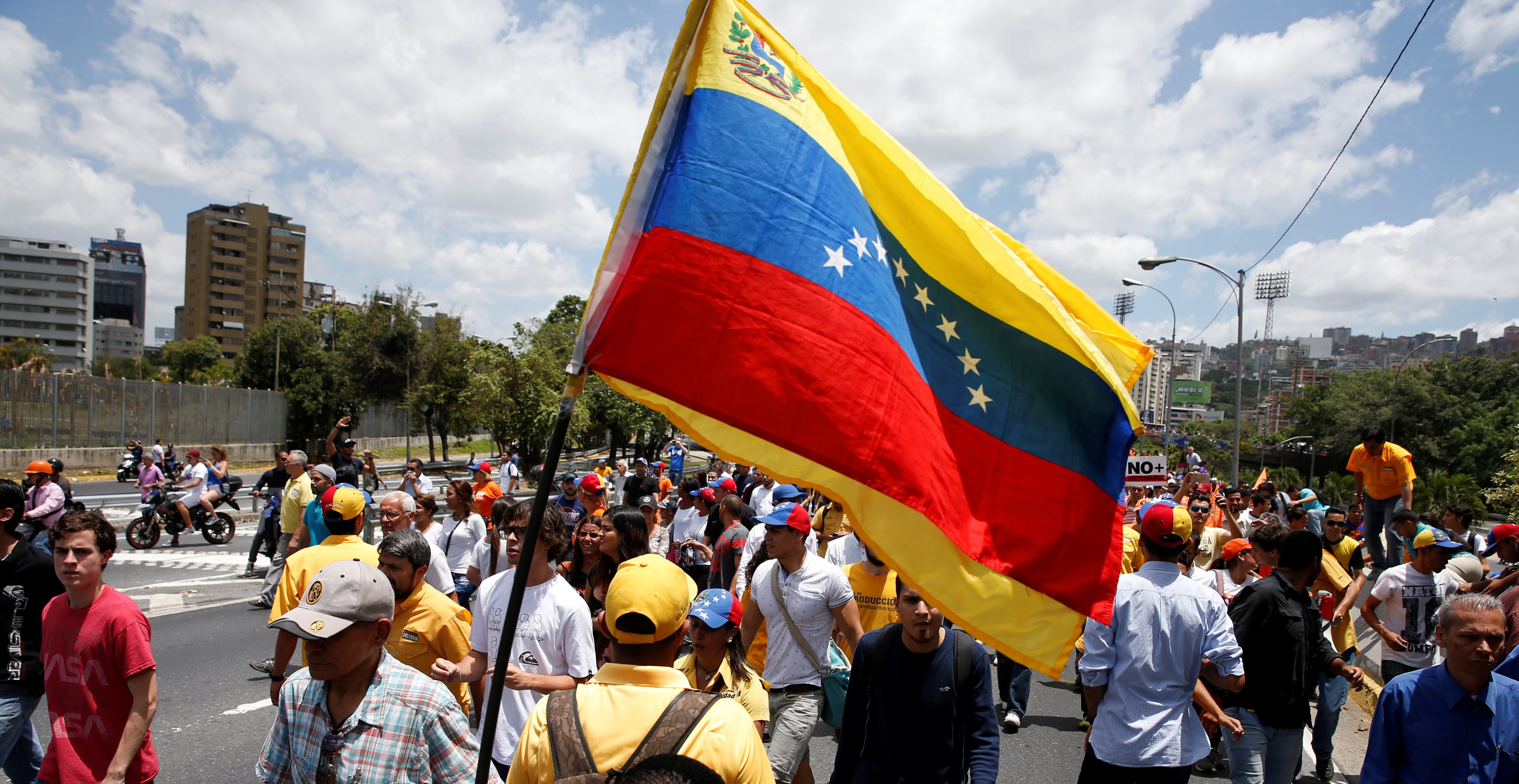 The European Bank for Reconstruction and Development (EBRD) has granted its 2018 “Climate Resilience Gold Award” to Morocco in recognition for the country’s Saïss Water Conservation Project.
The European Bank for Reconstruction and Development (EBRD) has granted its 2018 “Climate Resilience Gold Award” to Morocco in recognition for the country’s Saïss Water Conservation Project.
The project pioneers the shift from the use of unsustainable groundwater through the transfer of an average of 100 million square meters of surface water from the M’Dez dam to the Saïss plain, bringing clean, safe and sustainable water to some 350,000 people and farmers in the area and enhancing their capacity to cope with climate change.
Supported by EBRD with €120 million loan, this project is meant to help protect the country’s agricultural sector from the impact of climate change. It also seeks to improve climate resilience with support for the development of a transformative water transfer scheme that will deliver more than 100 million cubic meters of irrigation water to the Saïss plain each year.
The Saïss Water Conservation program will enable the North African country to switch from highly unsustainable groundwater to the use of sustainable surface water resources, as well as improving access to best-practice and efficient irrigation techniques.
The project seeks to enhance community involvement in water governance by scaling up technical skills and institutional capacities and promoting private sector involvement in the adoption of improved, modern irrigation infrastructure and equipment.
This approach will increase the efficiency of water use and services and promote drip irrigation and modern water-demand management methods, strengthening the capacity for climate change adaptation in the Sebou-Saïss basin.
Part of its efforts to mitigate climate change effects, Morocco has pledged to reduce greenhouse gas (GHG) emissions by 32 by 2030. In its “Intended Nationally Determined Contribution” (INDC) submitted to UN Framework Convention on Climate Change (UNFCCC,) the country has unveiled an ambitious plan to increase the share of renewable electricity capacity to 42 pc in 2020 and to 52 pc by 2030.
Last year, the North African nation opened the world’s biggest concentrated solar power plant, part of the country’s national energy strategy seeking to lower greenhouse gas emissions and crude oil imports through transition to a green economy.


